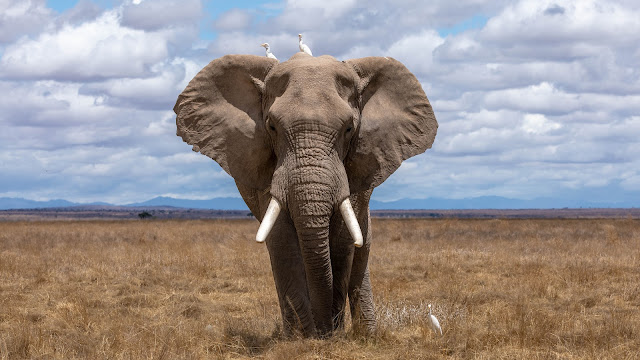
Niamh Dann- Guest Writer Watching the popular television series RuPaul’s Drag Race, one cannot help but find themselves within an increasingly accepting society of queer culture and theatrical queer performance. To anyone who finds themselves outside of the queer community and its customs, RuPaul’s Drag Race might seem bizarre and very American. However, drag has been a big part of mainstream culture for a long time and isn’t merely queer. Before recently, drag has commonly been comedic. With the British pantomime dame, movies such as Some Like it Hot (1959), Mrs Doubtfire (1993) and The Birdcage (1996), drag has been mainstream for a long time. Its professional identity, however, is relatively new. With the current popularism of RuPaul’s drag race, Instagram and YouTube drag queens and TV shows such as Pose (2018), the community of drag has become a fundamental aspect of popular culture. To a modern audience, drag is a celebration of queerness, but it is also a theatrical protest agai...




